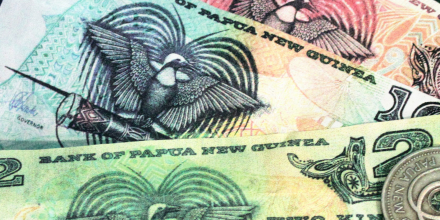Resource dependence, commodity shock, and the role of exchange rate: an empirical study of Papua New Guinea

Event details
PhD Seminar (Econ)
Date & time
Venue
Speaker
Contacts
Papua New Guinea is in its seventh consecutive year of foreign exchange shortage since 2013. The shortage has resulted in import compression, weak domestic demand, and lower government revenue. The country’s central bank has been persistently infusing foreign exchange but with little success in eliminating the growing backlog of import orders. Faster depletion of foreign reserves from intervention has also limited central bank’s ability to further address the imbalance with its quantity-based measures. A practical policy suggestion in the face of balance of payments imbalance is an adjustment to the exchange rate. This study examines if an exchange rate depreciation can improve foreign exchange inflows through stimulating the trade balance. Employing a structural vector autoregression model, it finds that a sudden depreciation shock to the real exchange rate leads to an improvement in the overall trade balance. While devaluation is slightly inflationary, the net impact on the economy is positive. The results indicate that exchange rate policy can effectively address the ongoing imbalance in the foreign exchange market of Papua New Guinea.
Updated: 18 April 2024/Responsible Officer: Crawford Engagement/Page Contact: CAP Web Team






